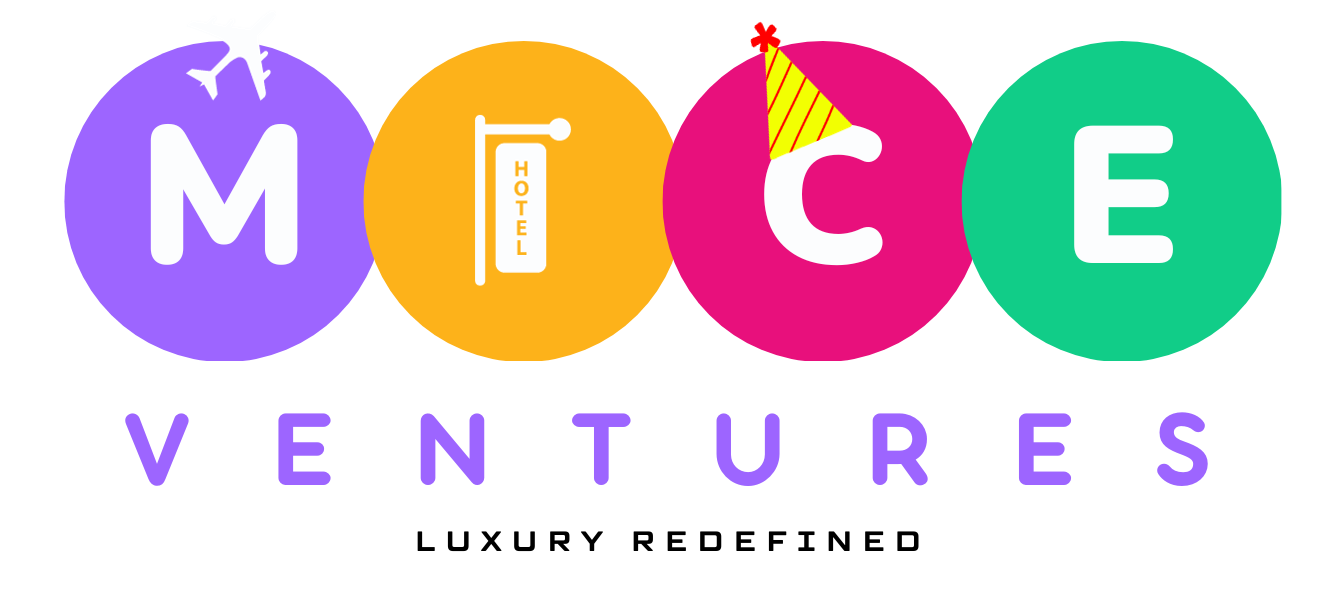Events
Are you ready to dive into the world of event planning and hosting? Whether you’re a seasoned event professional or someone planning their first gathering, understanding the key strategies for success can make all the difference in creating memorable experiences.
Define Your Event’s Purpose and Goals
Every successful event begins with a clear sense of purpose and well-defined goals. Whether you’re organizing a corporate conference, a wedding, or a community fundraiser, understanding why you’re hosting the event and what you hope to achieve is essential. Define your objectives, and keep them in mind throughout the planning process to ensure your event stays on track.
Know Your Audience
Understanding your target audience is crucial for tailoring your event to their preferences and expectations. Consider demographics, interests, and preferences when designing the event experience. This knowledge will guide decisions related to venue selection, entertainment, and overall event ambiance.
Select the Perfect Venue
The choice of venue can significantly impact the success of your event. Consider factors such as location, accessibility, capacity, and ambiance. Ensure that the venue aligns with your event’s theme and audience expectations. Don’t forget to visit the site in person to assess its suitability.
Create a Memorable Theme
A well-thought-out theme can elevate your event and make it more memorable. Whether it’s a specific color scheme, a vintage motif, or a unique concept, a theme helps tie all event elements together. From decorations to invitations to entertainment choices, let your theme shine through every aspect of your event.
Plan Engaging Entertainment
Entertainment is a cornerstone of memorable events. Whether it’s live music, a DJ, or interactive activities, choose entertainment that resonates with your audience and fits your event’s vibe. Keep guests engaged and entertained throughout the event to create lasting memories.
Curate a Delicious Menu
Good food and beverages can leave a lasting impression on event attendees. Collaborate with a trusted caterer to design a menu that suits your event’s style and caters to dietary preferences. A well-curated menu can be a conversation starter and a highlight of the event.
Focus on Event Logistics
Event logistics, such as registration, ticketing, and transportation, play a crucial role in ensuring a seamless experience. Invest in efficient event management software to streamline processes and make registration and check-in a breeze for attendees.
Create Engaging Content
Incorporate engaging content into your event, such as guest speakers, workshops, or panel discussions. These opportunities for learning and networking can add depth to your event and keep attendees engaged.
Harness the Power of Technology
Modern events often benefit from technology integration. Consider features like event apps for communication and scheduling, live streaming for remote attendees, and interactive elements like augmented reality or virtual reality experiences.
Prioritize Safety and Security
Ensuring the safety and security of your attendees is paramount. Implement comprehensive safety measures, including crowd control, first aid stations, and emergency response plans. Clearly communicate safety protocols to all event staff and attendees.
Capture Memories with Photography and Videography
Hiring professional photographers and videographers to document your event is an investment that pays off. High-quality visuals not only preserve memories but also serve as valuable marketing assets for future events.
